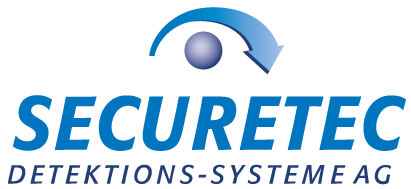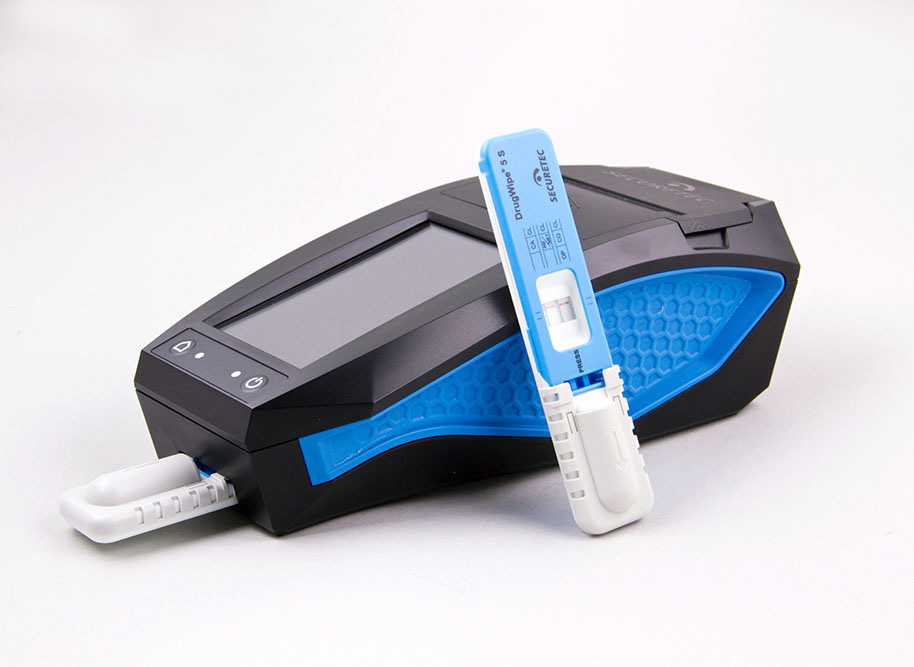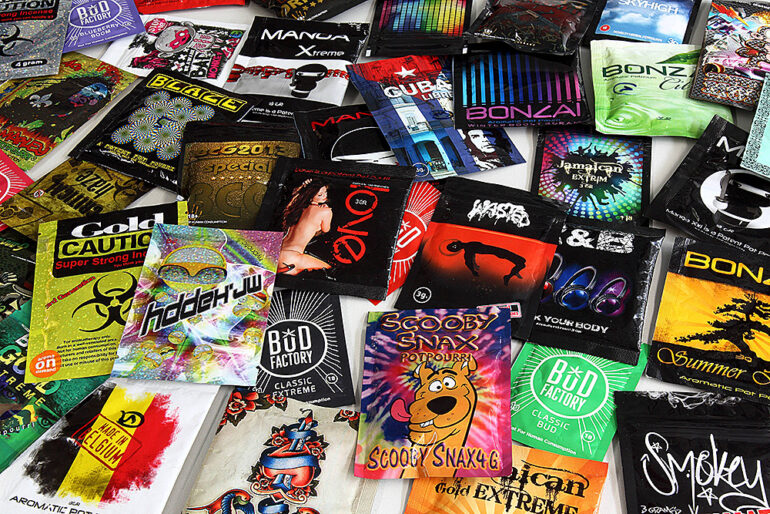
They never quite made the big time
When the first psychoactive substances (NPS for short) appeared on the market at the turn of the century, many people feared that they would flood the market and dazzle consumers. These drugs, often sold as “bath salts”, “air freshener” or “plant food”, were legal and relatively inexpensive. However, this assumption proved false. The sale and consumption of NPS has stagnated at a low level and, in some cases, even declined.
When the sale of NPS first began, dealers claimed that these substances couldn’t be harmful because they weren’t illegal. Since then, however, it has become widely known among consumers that NPS have unpredictable side-effects, ranging from circulatory collapse to psychosis and even death. As little research has been done on these substances and emergency response teams have had barely any training in this area, being admitted to hospital provides no guarantee of recovery. In many cases, the reason for the patient’s poor condition is not identified or there is no proven counteragent to administer. The continued appeal of these psychoactive substance is due, above all, to the fact that they are still partly legal — even if this status is only temporary.
Legislators worldwide have become more effective in dealing with NPS and new, modified versions are being classed as illegal with increasing efficiency. Legislation is supported by improved analysis methods and by the fact that entire substance groups are now being banned, rather then individual substances—as in the early days of NPS. This is increasingly acting as a deterrent for potential consumers.
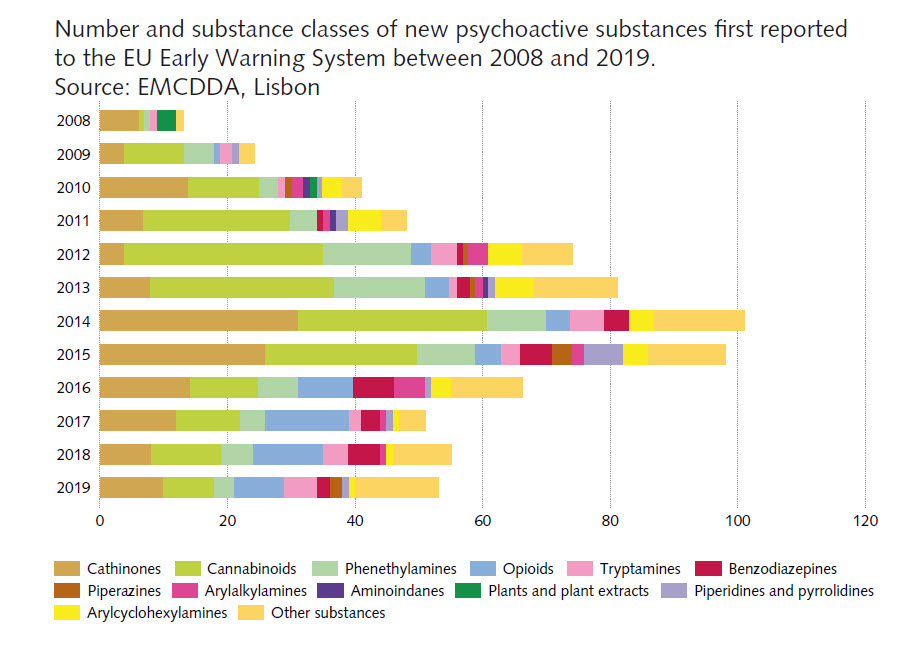
NPS – what exactly are they?
New psychoactive substances (NPS) is a collective term to describe a wide and diverse range of chemically manufactured drugs. This includes stimulants, synthetic cannabinoids, benzodiazepines, opioids, hallucinogens and dissociatives.
These substances go by many different names. The designations “designer drugs”, “legal highs”, “herbal highs”, “research chemicals” and “bath salt drugs” are umbrella terms. Meanwhile, “spice”, “toilet cleaner”, “air freshener”, “bath salts” and “plant food” are misnomers used to label the end products, usually in conjunction with an appealing packaging design. Synthetic cannabinoids are usually sold with names suggestive of plant-based products. Products sold as bath salts are usually synthetic cathinones. These substances are sold as herbal mixtures or as crystals, powder, pills or capsules. Liquid variants are also available. The drugs are smoked, swallowed, injected, or snorted like cocaine.
Every time a person consumes an NPS, they are essentially embarking on an experiment with an unknown outcome. The result is always uncertain, regardless of which substance is taken and in which form. As they are not manufactured by professionals, NPS vary widely in their content, no declaration is provided on the packaging, and each individual sachet in a pack may contain varying quantities of active ingredients. NPS have received a lot of bad press recently, in particular due to their dangerous side-effects and a growing number of deaths linked to their use.
NPS produce a high similar to that produced by LSD and induce a state of relaxation. In many cases, however, consumers become more aggressive, overestimate their own abilities and lose touch with reality—making them a danger both to themselves and to those around them (e.g., when driving under the influence).
Fast, reliable drug detection in saliva, on surfaces and in sweat—just ask, we’re always happy to help.
References:
– European Drug Report 2020, EMCDDA, February 2021, Lisbon
– Evaluierung der Auswirkungen des Gesetzes zur Bekämpfung der Verbreitung neuer psychoaktiver Stoffe (NpSG) [“Evaluation of the Effects of the New Psychoactive Substances Act (NpSG)”] – EVA NpSG, Bundestag document 18/9699/page 8
– www.drugcom.de, BZgA (Federal Centre for Health Education), Cologne
